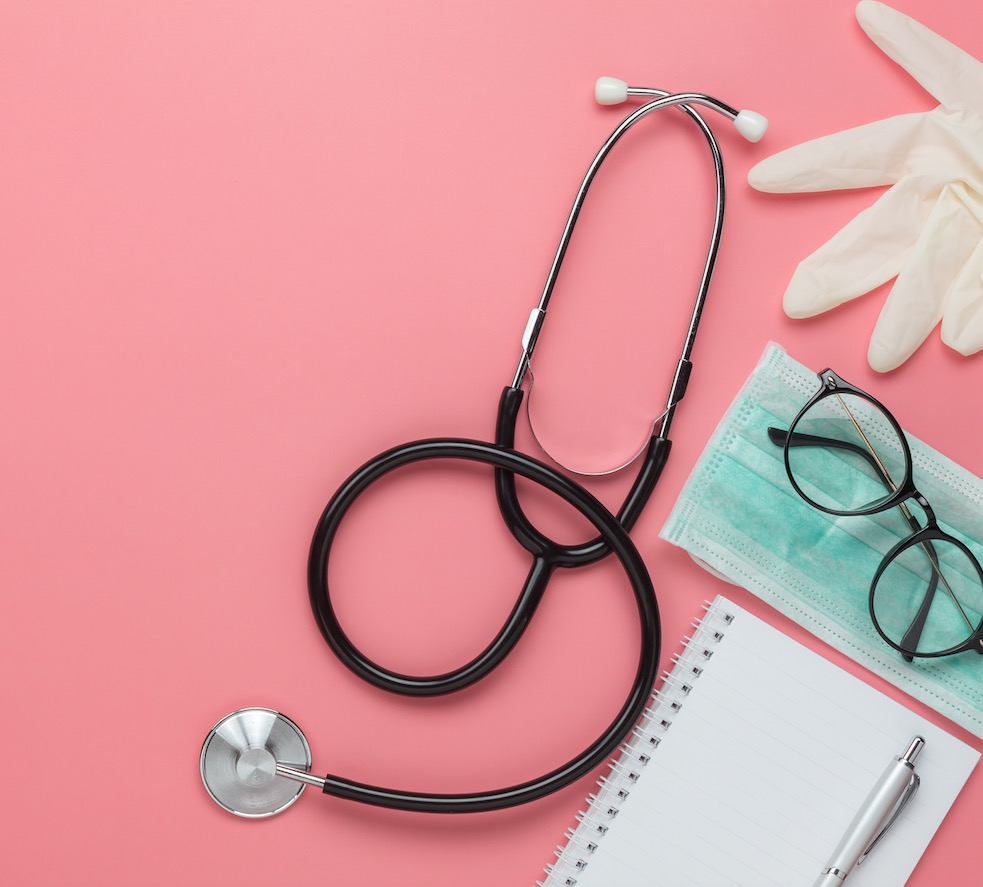Every month it seems that a new medical device or product is recalled because it has caused injury or even death in someone that it has been fitted in. This can be heartbreaking for a patient who has been fitted with a suspected defective device, even more so if the first symptoms of pain and discomfort have already appeared. How will the defective device be removed? What will it be replaced with? Who will pay for the removal and replacement with a safe and effective part?
The list below is of defective medical parts that have already been detected as potentially dangerous and have been recalled, either voluntarily by the manufacturer or because of a decision by the Federal Food and Drug Administration (FDA) that is entrusted with reviewing and issuing licenses to new medical devices.
- Bone graft systems
- Hip implant components
- Knee replacements
- Vaginal mesh
The actual reasons why the components have become a danger to human health are many and varied. Sometimes it is because the manufacturer has bypassed safety trials in its haste to get its product out on the market. In the case of the Attune knee replacement system, manufactured by a Johnson & Johnson subsidiary, DePuy Synthes, the product was not even approved by the FDA before its release.
In the case of Medtronic’s troubled bone graft system, Medtronic Infuse, it seems that doctors were prescribing its use for purposes that it was never intended for.
There have been a particularly large number of hip replacement recalls, involving several well known medical implant manufacturers such as Stryker, Zimmer and DePuy again. This time it seems that the metal materials have leaked toxic metallic ions into surrounding tissue causing metallosis, a very painful and in some cases fatal complaint. Did the manufacturers rush the research and development process without enough safety tests?
Whatever the recall involved, it is vital that you entrust your fight to claim compensation after a defective medical component to an experienced and determined personal injury attorney. Many medical manufacturers are well aware of the harm that their products have caused but are reluctant to either admit their liability or agree to compensate these victims with an acceptable amount of money.
The recall process
Most recalls are done by the manufacturers themselves, but often as a result of a concerted effort by the FDA after a series of complaints have been received. The manufacturer will normally recall a product after it has been categorized by the FDA into one of three main classes. The most serious, class 1, is of products that are so seriously defective that their use could cause severe injury or even death. Class 2 recalls are of products that could cause some health problems that may be treatable or can be reversed, but are unlikely to be serious or fatal. Class 3 recalls are the least serious and are unlikely to cause injury or death. They may be recalled because they have been found to be ineffective.
Occasionally, medical manufacturers may stick to their protestation that their products are not dangerous and refuse to agree to a recall. The FDA does have the power to force the company to recall the product.
Often the first time that patients fitted with defective medical products know that a recall has been issued is through the FDA’s regular public postings. One would hope that the patient would have been notified by either the manufacturer or the medical establishment that fitted the defective part before noticing a FDA post. Of course there may be valid reasons why a patient is not notified directly in this way if contact details have changed or the person has moved away from their previous address or overseas.
If a recall has been issued, the patient will want not just to have the defective part removed but to be compensated for the pain caused and the potential loss of earnings if time off work is necessary. In some cases, a pain and suffering payment may be claimed.
If you have been experiencing complications from a fitted medical device you should see your physician or medical institution that fitted the device as soon as you can. If you have been made aware of a recall, talk to a personal injury attorney at the Law Firm of Keith Williams in Nashville at 615-965-6545.


Leave A Comment